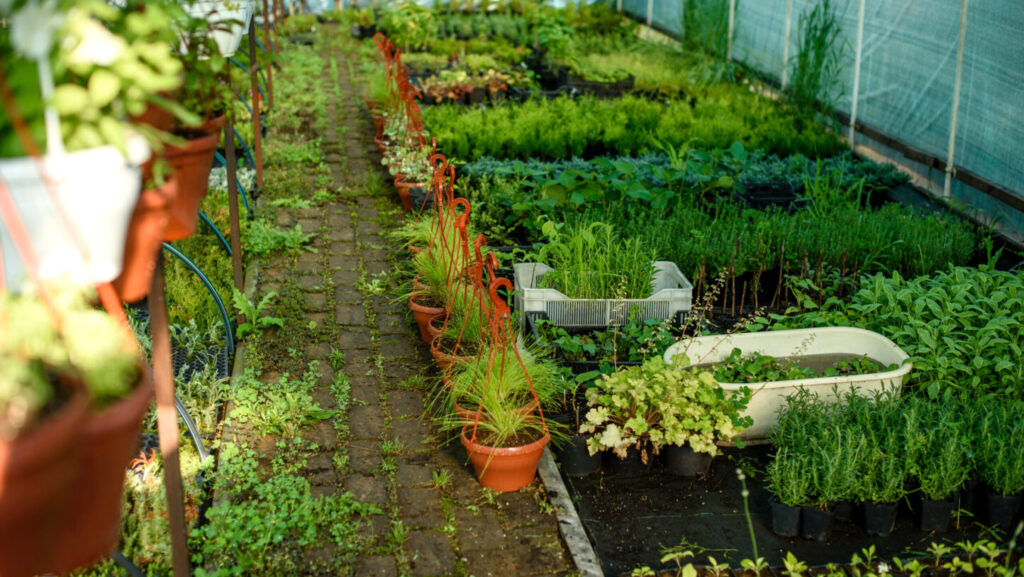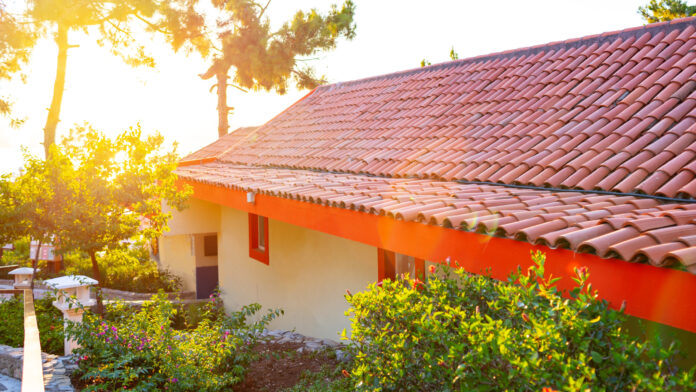By The Frontpage Journal
Sustainability is more than a global trend in Sri Lanka—it is a lifestyle deeply embedded in the island’s culture, traditions, and daily habits. Long before “eco-friendly” became a buzzword, Sri Lankan communities, especially in rural areas, practiced ways of living that respected nature, conserved resources, and promoted balance between humans and the environment. Today, faced with modern challenges like urbanization, climate change, and waste management, many Sri Lankans are revitalizing and adapting these traditional practices while integrating new solutions.
One of the most visible aspects of sustainable living in Sri Lanka is the emphasis on waste reduction and recycling. In many homes, there is a conscious effort to reuse materials and avoid unnecessary packaging. For example, banana leaves, a natural and biodegradable resource, are widely used as plates, wrappers, or serving trays, especially during festivals and community meals. Glass bottles and jars are reused, and cloth bags replace plastic for shopping. Rural households commonly compost organic kitchen waste, turning vegetable peels, leftover food, and garden clippings into nutrient-rich compost that enriches soil without chemical fertilizers.
Water conservation is another fundamental part of sustainability on the island. Sri Lanka’s ancient hydraulic civilization offers valuable lessons. The sophisticated irrigation systems built centuries ago—tanks, canals, and reservoirs—are still in use, sustaining agriculture and local ecosystems. Many farmers practice efficient water use through crop rotation, mulching, and drip irrigation. Urban residents are also adopting rainwater harvesting methods to supplement their water needs, especially during dry seasons. Awareness campaigns promote turning off taps, fixing leaks, and using water mindfully.
Agriculture remains a cornerstone of sustainable living. Small-scale farmers tend to cultivate a diversity of crops, embracing polyculture and organic methods that maintain soil fertility and encourage biodiversity. The use of chemical pesticides and fertilizers is gradually being replaced by natural alternatives such as neem-based pesticides and organic manure. Home gardens grow a variety of fruits, vegetables, and medicinal plants, helping households reduce their carbon footprint and dependence on imported goods.

Energy sustainability is gaining ground as well. Solar panels for lighting, water heating, and even cooking are becoming common in rural and suburban areas, supported by government incentives and NGO projects. While traditional biomass fuels like firewood and coconut shells are still used, efforts are underway to improve efficiency and reduce deforestation. In cities, the rise of electric tuk-tuks and public transport improvements contribute to lowering emissions.
Cultural and spiritual values strongly support sustainable lifestyles. Buddhist teachings encourage moderation, compassion, and respect for all forms of life. This mindset promotes conservation and simplicity, urging people to consume only what they need. Community festivals often include rituals that honor nature and call for harmony with the environment.
Tourism, a major economic sector, is evolving to embrace sustainability. Eco-tourism initiatives focus on minimizing environmental impact while providing authentic cultural experiences. Many hotels and resorts adopt green certifications, waste management systems, and energy-saving technologies. Local guides educate visitors about wildlife conservation, heritage preservation, and responsible travel practices.
Despite these positive trends, Sri Lanka faces challenges including plastic pollution, urban sprawl, and climate vulnerabilities like floods and droughts. Addressing these requires continuous innovation, education, and policy support alongside grassroots action.
For foreign readers, Sri Lanka offers inspiring examples of sustainable living rooted in tradition yet responsive to modern needs. For locals, this approach is a reaffirmation of cultural identity and responsibility.
In embracing eco-friendly practices, Sri Lanka demonstrates that sustainability is not just a goal but a way of life—a vital balance between people and planet that holds promise for future generations.




